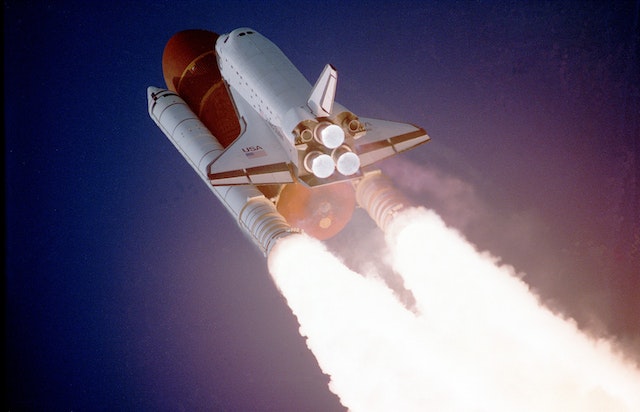Theme:
- In July 2022, Science & Technology minister Dr. Jitendra Singh said that the Indian Space Research Organisation (ISRO) is developing the capability to launch humans on quick space tourism flights.
What is Space Tourism?
- Space tourism is enabling humans to travel to space for recreational or leisure purposes. Space tourism attempts to increase accessibility to space for persons who are not astronauts and wish to visit space for non-scientific purposes.
Progress in Space Tourism:
- Dennis Tito, an American entrepreneur, became the first private individual to tour space in 2001 on a Russian Soyuz spacecraft.
- So far only the super-rich individuals have been sent to space tourism.
- According to US and NASA standards, the Karman Line marks the beginning of space, however, very few space tourism businesses have succeeded in crossing it.
Opportunities:
- The space tourism industry will create a large number of job opportunities in India.
- It will help in creating new private businesses and entrepreneurs which will cater to the needs of the industry.
- India can make space tourism affordable yet reliable.
- Advancement in space tourism will help India to become self-reliant in space travel for future endeavours.
- The space tourism industry will also attract a lot of foreign direct investments to India.
Challenges:
- Space travel requires an extensive amount of training as the body has to deal with abnormal conditions in space. There is a potential danger for a passenger to develop health problems as they could face motion sickness and disorientation, which can affect vision, cognition, balance and motor control.
- In the event that a space tourist is injured while on the journey, there is no treaty or a well-defined law to defend his rights.
- When rockets or space shuttles are launched, a significant amount of pollution is released. The massive amount of pollution emitted when the space tourism sector takes off will be too much for the planet to handle.
- Space travel is very expensive, and because of this, it will only be afforded by the rich. This can lead to a lack of public interest and raise the question of whether the government should use tax money to provide luxury only to the wealthy.
Initiatives:
- ISRO’s Gaganyaan mission will be India’s first human space mission to Low Earth Orbit. For the Gaganyaan mission, ISRO is working on modifying its cargo carrier GSLV Mark III rocket and making it dependable enough to carry astronauts. The Gaganyaan mission has yet to take off.
- IN-SPACe is an autonomous nodal agency, approved by the Union Government that aims to ensure increased participation from the private sector in India’s space activities.
- Department of Space (DOS) has allowed the transfer of matured technologies developed by ISRO to private Indian industries.
- India has signed documents on space cooperation with 60 countries.
- In order to create cutting-edge technology, ISRO has extended its cooperation with other space organisations of other nations.
Conclusion:
The world will see a boom in space tourism in the upcoming future. Space tourism has the potential to bring huge amounts of investment to India. It is important for India to not be left behind in this industry and try to gain an edge by developing an affordable yet reliable space travel alternative and attracting tourists from all around the world. But we also need to make sure that the space tourism industry stands for the safety of its passengers. To do so, we must create laws and legislation to govern issues concerning space tourism and private players.
Photo by Pixabay
Your Turn…
What are your thoughts on this topic? Express your point of view through the comment section below. And subscribe to our blog to read answers to the trending GD topics.
Copyright @ Group Discussion Ideas.

